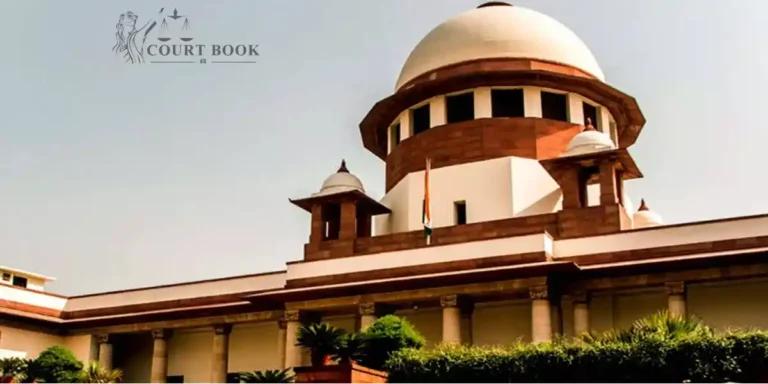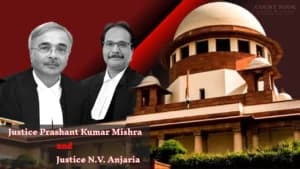In a detailed judgment that revisits how courts must approach limitation questions, the Supreme Court on Wednesday set aside the Punjab and Haryana High Court’s order which had dismissed Karam Singh’s civil suit as “time-barred.” The bench of Justices Manoj Misra and J.B. Pardiwala held that the High Court acted in error by rejecting the plaint at the threshold without examining the factual matrix properly.
Background
The case goes back nearly a century to the estate of one Ronak Singh, who died intestate in 1924. His widow, Kartar Kaur, later became the center of a long family dispute after she allegedly gifted the land to another person. Multiple suits followed over decades — from challenging that gift to contesting a will she was said to have executed in 1976.
After years of mutation and revenue proceedings that finally concluded in 2017, Karam Singh and others filed a civil suit in 2019, asserting that the will relied on by the defendants was fraudulent and that they, as natural heirs, were the rightful owners. The defendants responded with an application under Order 7 Rule 11(d) of the Civil Procedure Code (CPC), claiming the suit was hopelessly time-barred since the will was known to the plaintiffs since 1983.
The trial court rejected this plea, holding that limitation involved mixed questions of law and fact. However, the High Court reversed that decision, dismissing the suit altogether.
Court’s Observations
The Supreme Court took a critical view of the High Court’s approach. “Whether a suit is barred by law must be seen only from the plaint, not from the defendant’s version,” the bench observed. The judges emphasized that the High Court had ignored essential details, especially that the mutation proceedings had ended only in 2017 and that the suit was filed within three years thereafter.
The bench pointed out that the plaintiffs’ main relief was possession based on ownership - not merely a declaration - which carries a 12-year limitation period under Article 65 of the Limitation Act. “Where a suit is for possession based on title, it cannot be rejected at the threshold merely on the plea of limitation,” the court noted.
It further clarified that mutation entries are meant only for revenue purposes and do not determine ownership. Citing earlier rulings like Indira v. Arumugam and N. Thajudeen v. Tamil Nadu Khadi & Village Industries Board, the court reiterated that the right to property continues as long as possession is not lost through adverse possession - something that must be proven through evidence.
Decision
Holding that the High Court “overlooked the plaint in its entirety” and was “swayed only by the age of the will,” the Supreme Court restored the trial court’s order. “The High Court’s conclusion that the suit was barred by time is legally unsustainable,” Justice Misra wrote for the bench.
Accordingly, the Supreme Court allowed the appeals filed by Karam Singh, set aside both High Court orders (dated January 27 and July 4, 2022), and restored the trial court’s order refusing to reject the plaint. The trial court was directed to proceed with the suit on merits and bring it to its logical conclusion in accordance with law.
The bench, however, clarified that its observations were limited to examining whether the plaint could be rejected under Order 7 Rule 11 and “shall not influence the merits of the case.”
Case Title: Karam Singh v. Amarjit Singh & Others
Citation: 2025 INSC 1238
Case Type: Civil Appeals (arising out of SLP (C) Nos. 3560–3561 of 2023)
Date of Judgment: October 15, 2025















